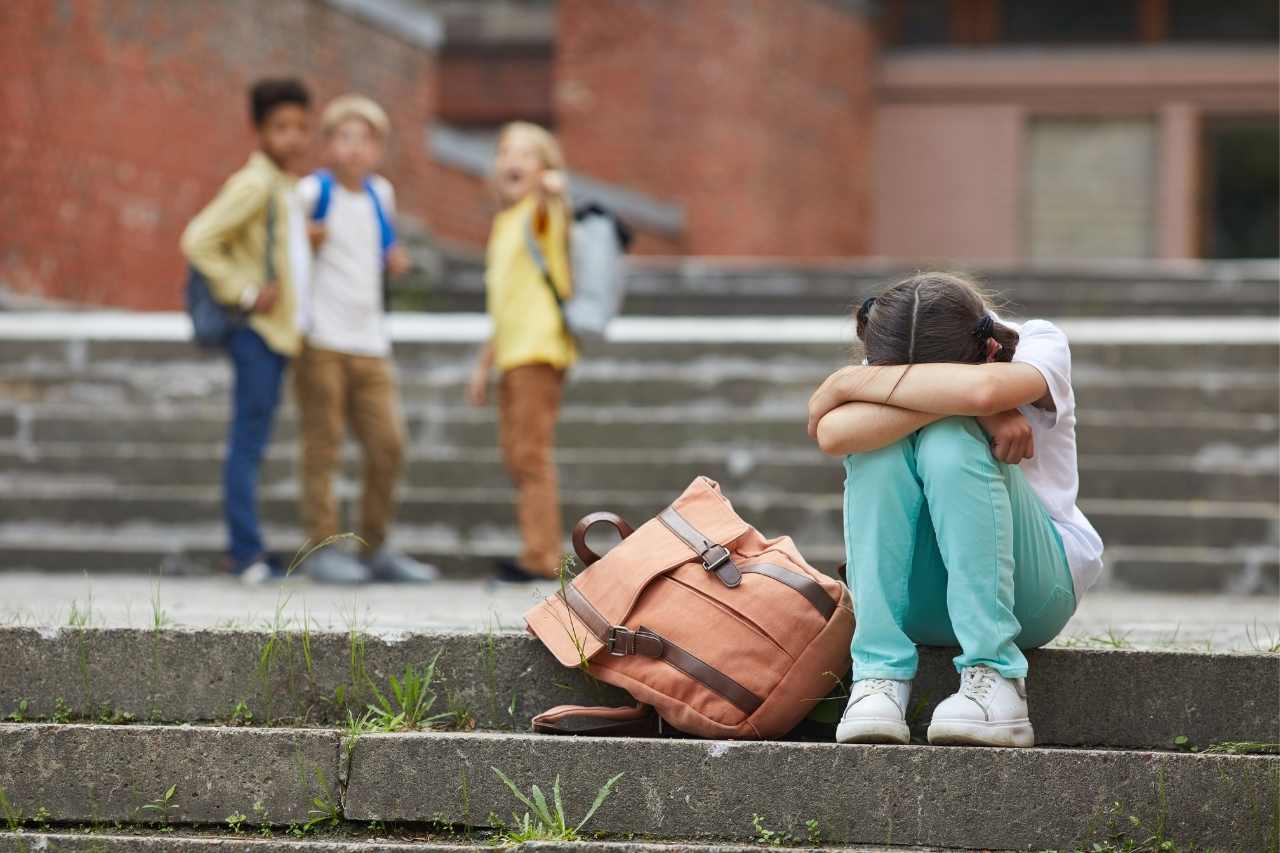Children who observe bullying may face similar repercussions to those directly involved. Discover more about the impact of bullying on bystanders!
The Influence on Onlookers
Seeing someone being bullied can evoke strong emotions. Most individuals feel upset when witnessing harm or offense inflicted on others. As bystanders, various negative emotions such as stress, worry, and regret can overwhelm individuals when they witness bullying incidents.
Recent research indicates that children who witness bullying may experience mental health issues comparable to both victims and perpetrators. Similar to bullying victims, their physical, mental, and academic well-being can suffer due to their exposure.
When multiple individuals witness bullying but choose not to intervene, it is termed the bystander effect, affecting those present. In cases where only one person observes the bullying, they are more likely to assist the victim. This dynamic illustrates how bystanders are impacted by bullying.
The diffusion of responsibility can lead bystanders to delay their response. They might hesitate to act or refrain from taking any action altogether. Additionally, onlookers may be reluctant to intervene, waiting to gauge if others in the group will step in. This phenomenon, known as the bystander effect, often results in inaction.
Challenges Faced by Bystanders
Uncertainty often plagues bystanders who witness bullying incidents. While individuals may sense the need to act, they may lack the knowledge or skills to intervene effectively. Schools and parents play a crucial role in equipping bystanders with the necessary tools to address such situations.
Fear serves as a significant deterrent for bystander intervention in bullying scenarios. The apprehension of facing embarrassment, ridicule, or physical harm can prevent witnesses from speaking up. Concerns about potential backlash or becoming the next target of bullying contribute to their silence.
Many bystanders experience guilt following a bullying episode, feeling remorse for not intervening on behalf of the victim. This lingering guilt can persist even after the incident concludes, subjecting bystanders to ongoing negative emotions. The internal conflict between the desire to help and the fear of repercussions can lead to high levels of tension and anxiety among onlookers.
Witnessing bullying incidents can also trigger anxiety in bystanders, leading them to fear becoming the next target. This anxiety can impact their sense of safety and well-being, potentially affecting their social interactions and activities. Some bystanders may even resort to joining cliques or engaging in bullying behavior themselves as a coping mechanism.
It is crucial to empower children to take action against bullying rather than remain passive observers. By equipping them with the necessary tools and support, teenagers can play a pivotal role in preventing and addressing bullying in their schools and communities.
Meaningful articles you might like: Bullying And Harrassment By Children Using Technology, Why Discussing Depression With Your Daughter Is Important, Reasons Why Kids Resort To Cyberbullying

